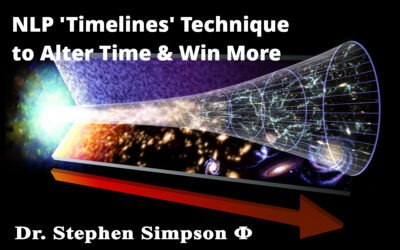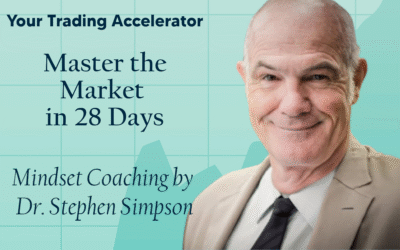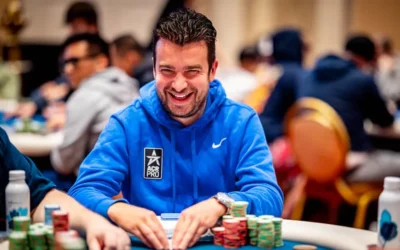More mindlessness and less mindfulness please
If I thought it was easy to develop mindfulness, I would say so. Part of the problem is the word. The last thing we need is a full mind. We all need to stop over-thinking and focus on what’s in front of us in the moment.
Before I even attempt to provide a solution for your consideration, I will add more detail to the challenge facing us.
Our minds are normally in a state of utter chaos. No wonder the quality of our decisions is often a lot less than we would wish for. Our thoughts are riddled with doubt, guilt, and uncertainty. We often hear ourselves, and others, complain that we are of two minds about the right thing to do. If only! There are often many more options competing for our attention.
Reality is an illusion
Ignorance is not a lack of the ability to see the world as it is but rather a disregard of what our senses and thoughts are telling us. The reality is that we have millions of different thoughts competing for our attention at any one time. It is as if there is a council in session inside our heads.
Its members represent every possible shade of political opinion, and the member who shouts the loudest usually gets heard. This helps to explain why we can reach two or more completely different decisions on the same subject within hours, or even seconds.
It also goes some way toward explaining the complex conundrum of why a single person or nation can be capable of both the most generous acts of kindness to strangers and the perpetration of the most brutal depravities on others.
Whisper who dares
The ultimate goal of developing mindfulness is a quiet mind. Inside this tranquil head, the council converses softly, the members examine and debate an issue from every angle and take turns to speak, the others listen intently, consensus builds up slowly, and the wisest member speaks last.
The German philosopher Hans Margolius would doubtless agree. He wrote, “Only in quiet waters do things mirror themselves undistorted. Only in a quiet mind is there adequate perception of the world.”
So worldly perception is the prize that is almost within our grasp. Now we can begin to develop strategies that will help us become more mindful. This next bit is very important, but it took me a long time to work it out.
Back to Nature
There is nothing that you can do to develop mindfulness. Mindfulness is your natural state and has existed from the time of your birth, if not before. The problem is that you have changed from your natural state to an emotional state. For the best possible reasons, you have allowed your conscious mind far too much control. You are thinking of too many unnecessary or far less important things. If you want great examples of mindfulness, then study your pets. Your dogs, cats, horses, parakeets, and even goldfish are probably more mindful than you, because they live in the now.
Out of Africa
I have lived for much of my life in Africa. Like many doctors before me, I soon became aware of the relative rarity of neurotic illness in the local population compared with Westerners.
There are probably several reasons for this difference, but one of them might be that people living in poverty in a war zone with poor medical care just do not have time to worry about the past or the future. All of their concentration and focus must rest on what is happening at this moment and staying alive.
My clients, on the other, are either running away from an uncomfortable past or running toward a more desirable future. Often they are doing both. As a therapist, I know that I can’t alter their past, but I can change the way my clients view it. We all carry some baggage from the past that slows us down, so we have to lighten this load before we can skip happily in the direction of a better future.
Time for a deep clean
So developing mindfulness is a contradiction. You do not require any new tools, because you already have them. Instead, your challenge is to return to the human being that you were before other people or experiences complicated your life.
As a therapist, I am going to offer some unusual advice: stop doing things rather than start doing new things.
So what are the distractions most likely to destroy mindfulness? You can probably think of several and in the next post I will look at them in more detail. As a start you could be very brave and cut down the amount of time you spend on your phone.









